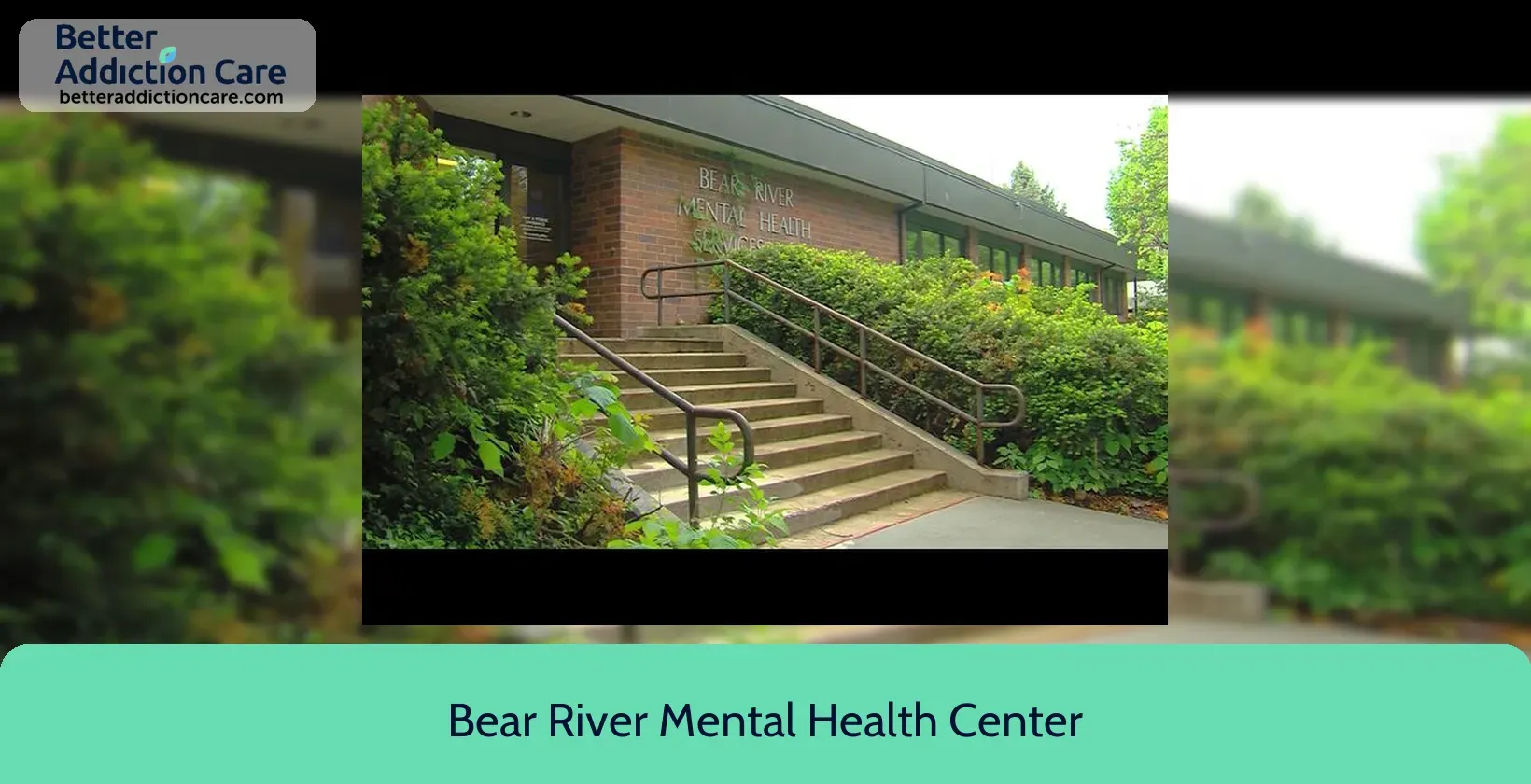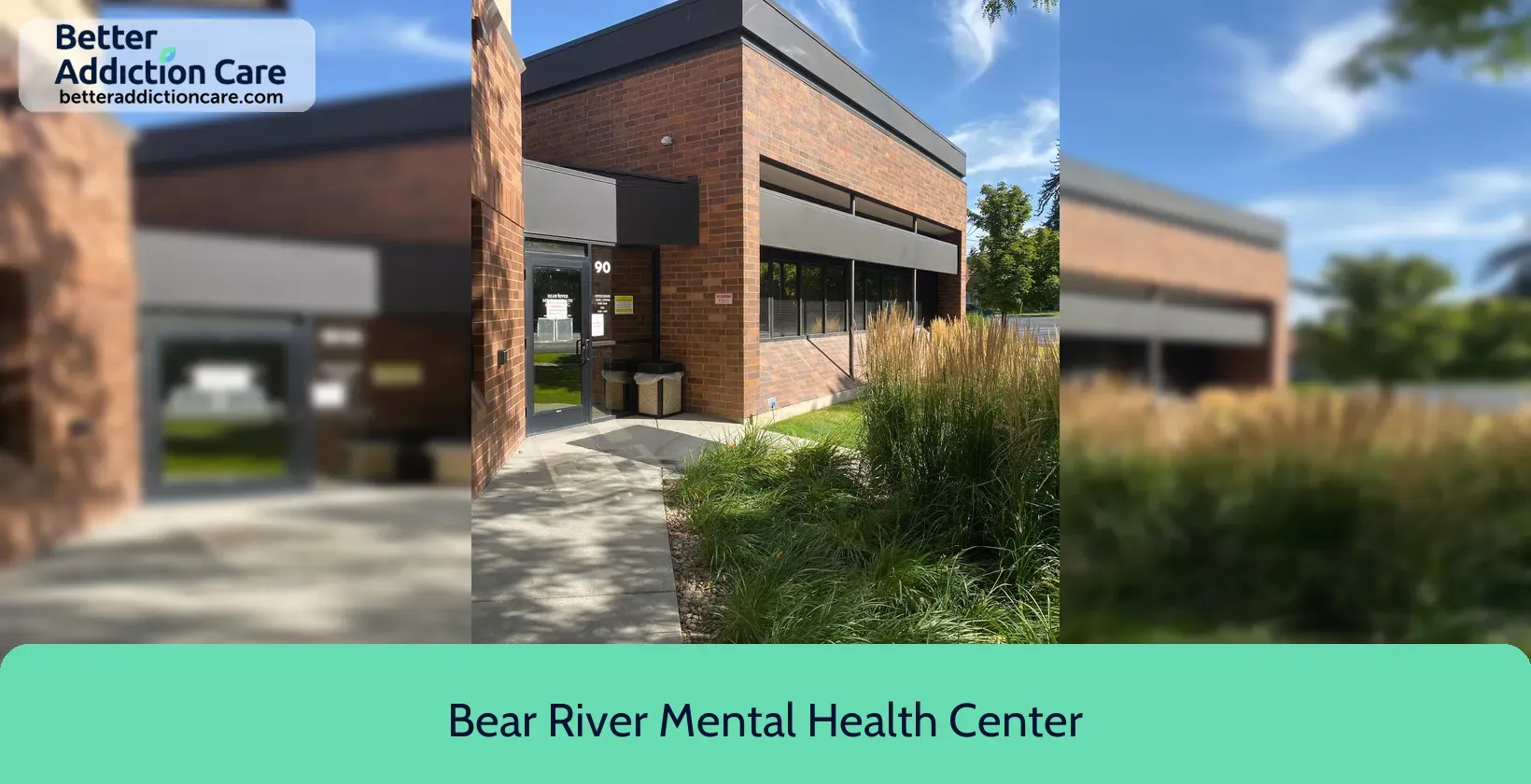Bear River Mental Health Center
Overview
Bear River Mental Health Center is a mental health treatment center for people seeking treatment near Cache County. As part of their treatment modalities for recovery, Bear River Mental Health Center provides couples/family therapy, group counseling, and cognitive behavioral therapy during treatment. Bear River Mental Health Center is located in Logan, Utah, accepting cash or self-payment for treatment.
Bear River Mental Health Center at a Glance
Payment Options
- Cash or self-payment
- Medicaid
- Medicare
- State-financed health insurance plan other than Medicaid
- Private health insurance
Assessments
- Screening for tobacco use
- Comprehensive mental health assessment
- Comprehensive substance use assessment
Age Groups
- Young adults
- Children/adolescents
- Adults
- Seniors
Ancillary Services
- Assertive community treatment
- Intensive case management
- Case management service
- Chronic disease/illness management
- Court-ordered outpatient treatment
Highlights About Bear River Mental Health Center
6.80/10
With an overall rating of 6.80/10, this facility has following balanced range of services. Alcohol Rehabilitation: 8.00/10, Drug Rehab and Detox: 6.00/10, Insurance and Payments: 6.00/10, Treatment Options: 7.21/10.-
Alcohol Rehabilitation 8.00
-
Treatment Options 7.21
-
Drug Rehab and Detox 6.00
-
Insurance and Payments 6.00
Treatment At Bear River Mental Health Center
Treatment Conditions
- Mental health treatment
- Substance use treatment
- Co-occurring Disorders
Care Levels
- Outpatient
Treatment Modalities
- Couples/family therapy
- Group counseling
- Cognitive behavioral therapy
- Dialectical behavior therapy
- Integrated Mental and Substance Use Disorder treatment
Ancillary Services
Languages
- Sign language services for the deaf and hard of hearing
- Spanish
Special Programs
- Clients with co-occurring mental and substance use disorders
- Criminal justice (other than DUI/DWI)/Forensic clients
- Clients who have experienced trauma
- Children/adolescents with serious emotional disturbance (SED)
- Persons 18 and older with serious mental illness (SMI)
Get Help Now
Common Questions About Bear River Mental Health Center
Contact Information
Other Facilities in Logan

6.86

6.68
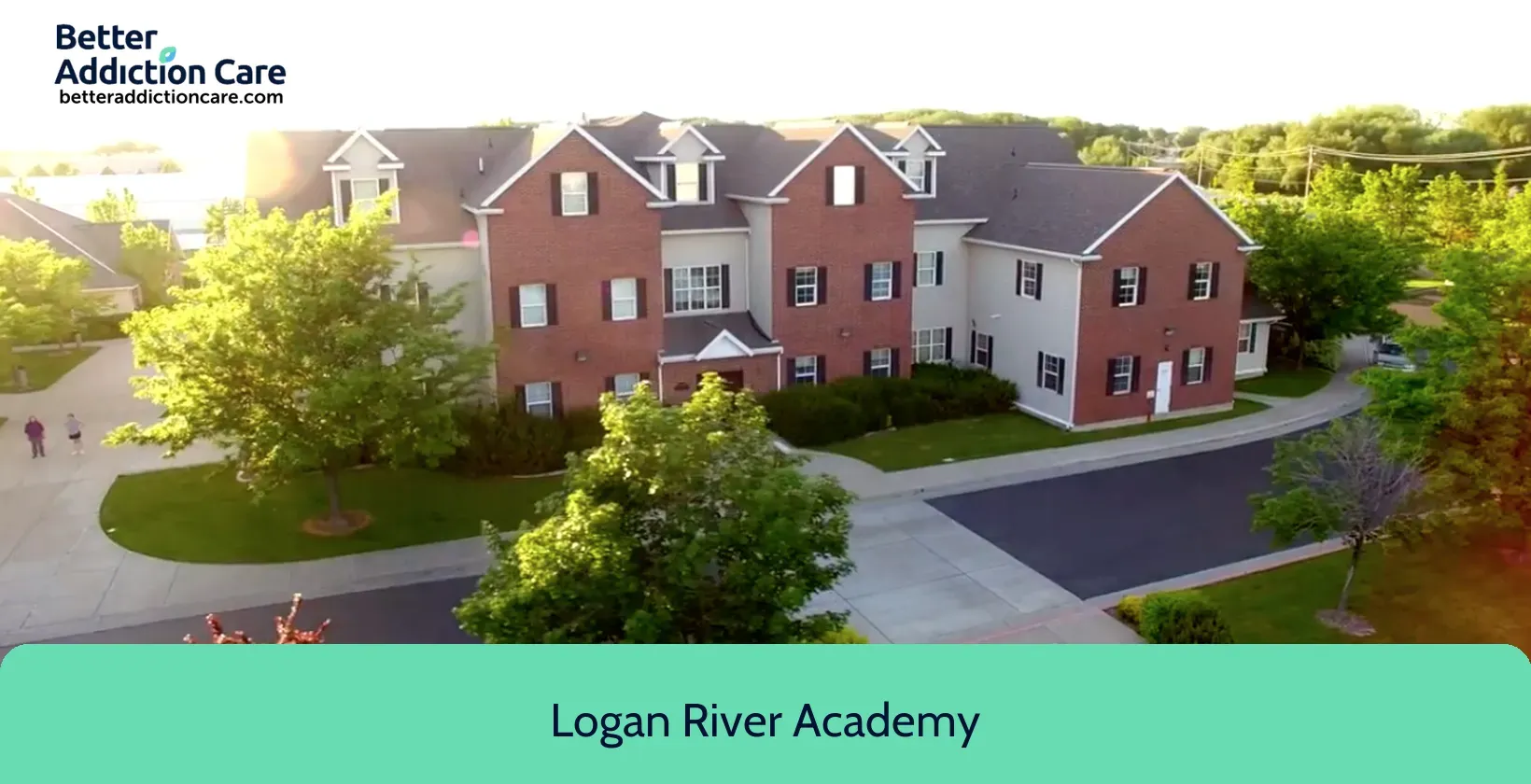
6.59
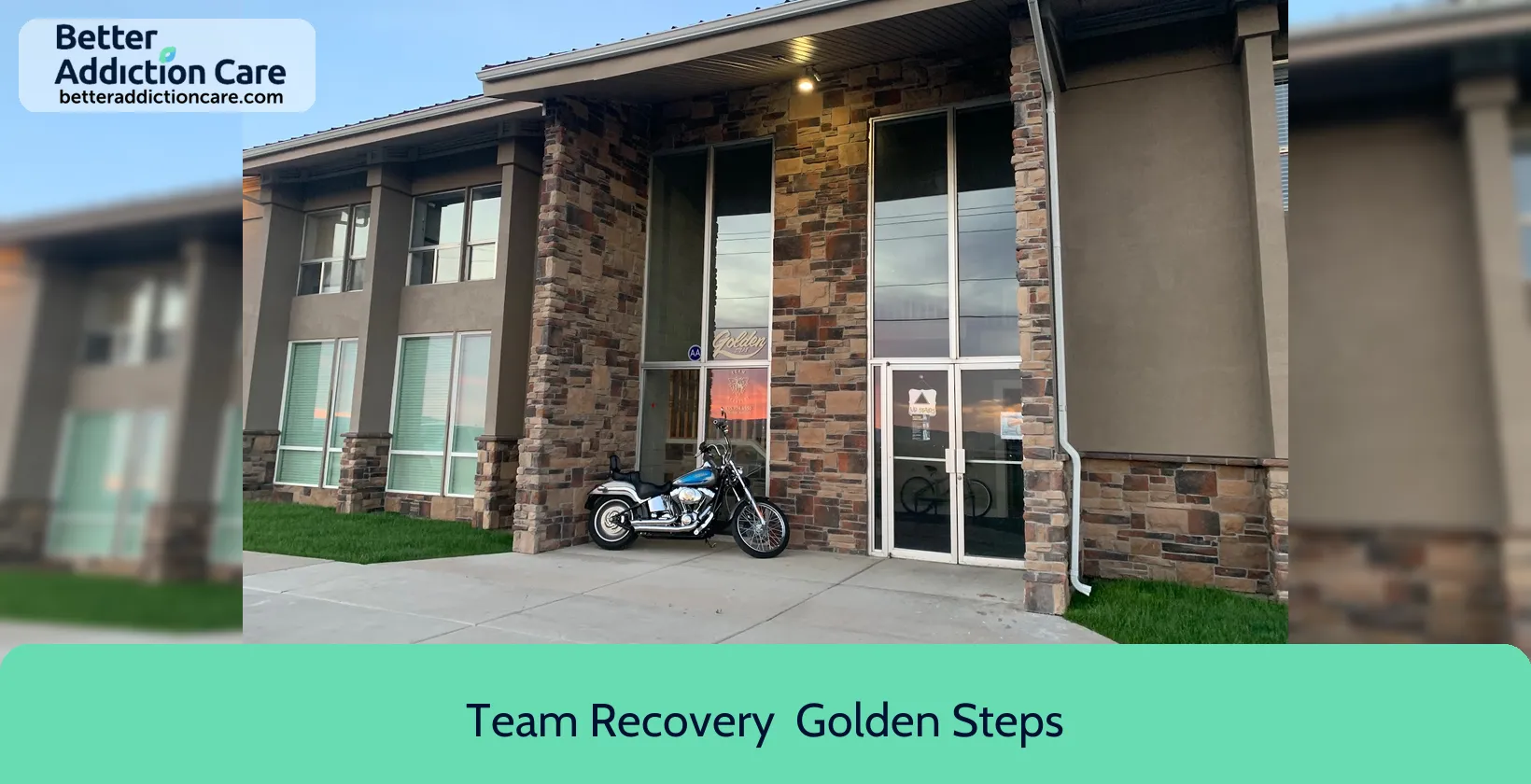
6.83
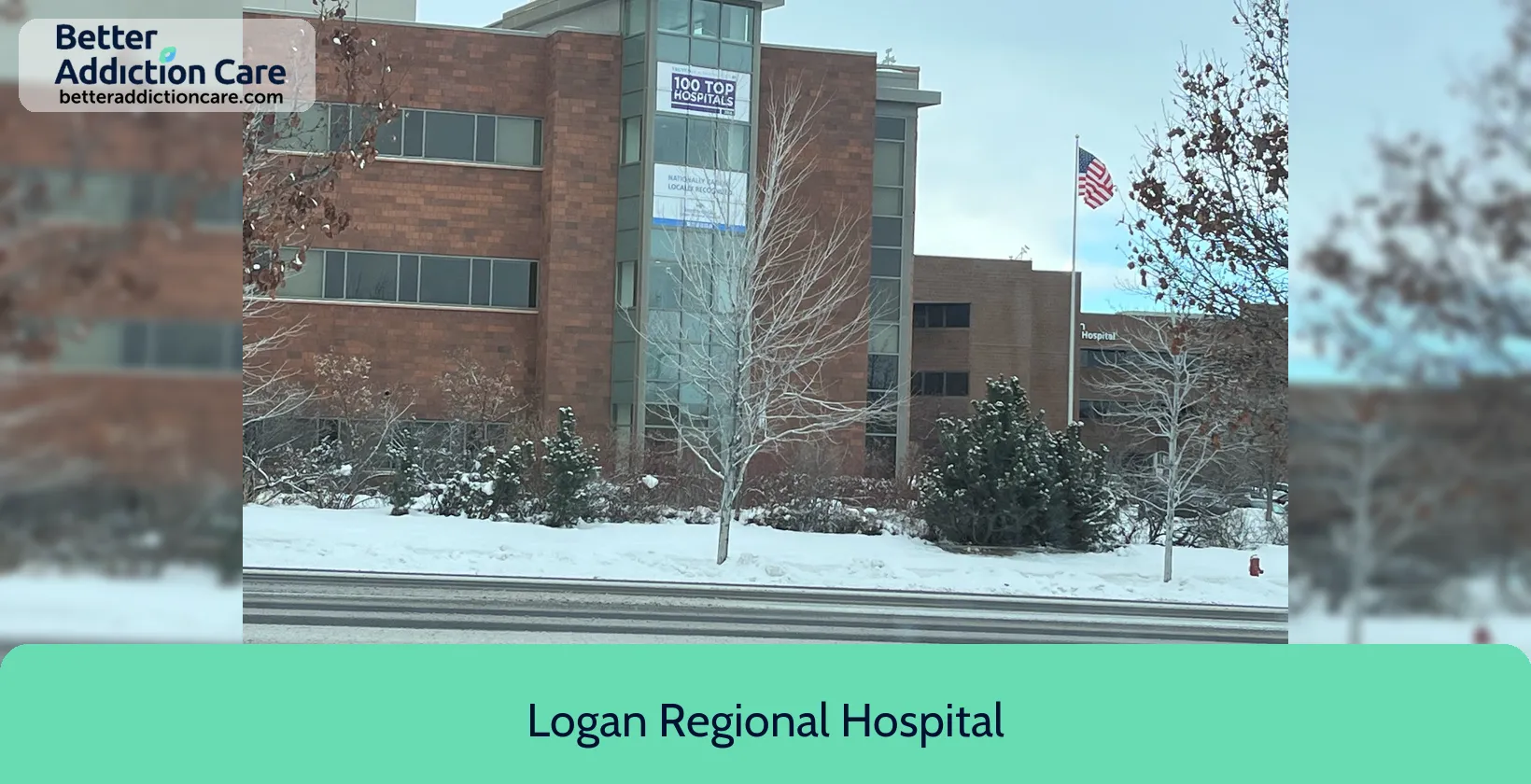
6.65
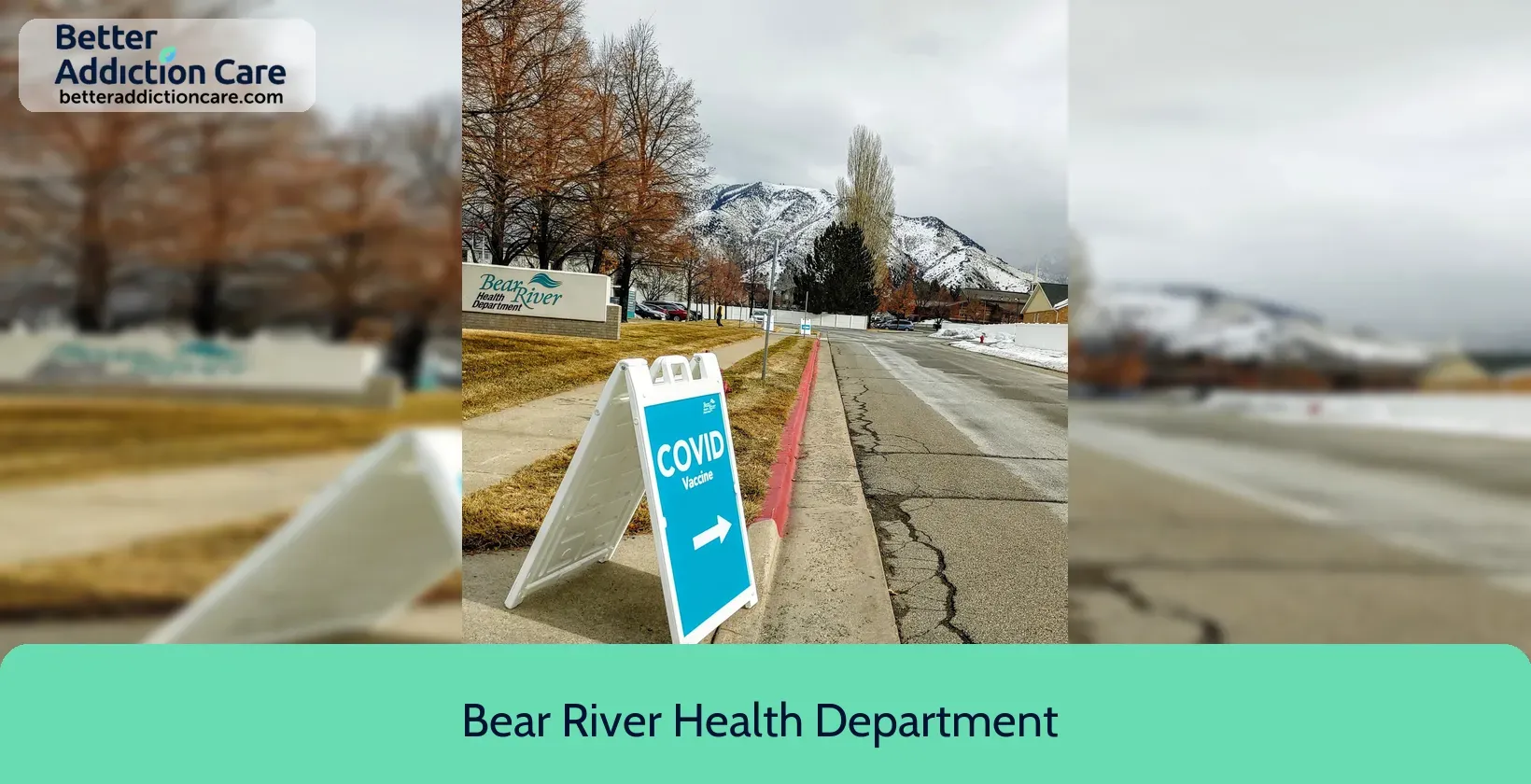
7.43
DISCLAIMER: The facility name, logo and brand are the property and registered trademarks of Bear River Health Department - Behavioral Health Services, and are being used for identification and informational purposes only. Use of these names, logos and brands shall not imply endorsement. BetterAddictionCare.com is not affiliated with or sponsored by Bear River Health Department - Behavioral Health Services.
